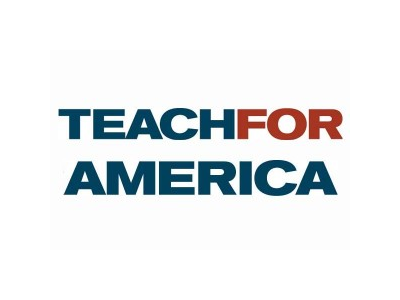This is Steve Ember with the VOA Special English Education Report.
Teach for America is a program that has provided more than ten thousand teachers to schools across the country. They have taught more than a million children from poor families.
Teach for America trains recent college graduates to work in low-economic schools in different areas of the country. They are expected to teach for at least two years.
A student at Princeton University in Princeton, New Jersey, had the idea for Teach for America in nineteen-eighty-nine. Wendy Kopp wrote a paper in which she proposed a national teaching organization.
People supported her idea. Money from major companies helped launch the program. The program has also received money from the federal government. And money comes from people and businesses in areas where the teachers work. Wendy Kopp still leads Teach for America.
Some education experts have criticized the lack of experience that the young teachers have before they begin work. But now the Mathematica Policy Research organization in Princeton has examined the effects of Teach for America.
The Mathematica study took place in six areas around the country between two-thousand-two and two-thousand-three. It involved nearly two-thousand children in seventeen schools. Researchers tested the students at the beginning and end of the school year. They compared the results of students who had Teach for America teachers with those who did not.
The study found that both groups did equally well on average in reading. The Teach for America group scored higher in mathematics.
But two times as many of the Teach for America teachers reported that physical conflicts among students were a serious problem. Even so, the study found that the two groups of teachers had similar rates of student expulsions and suspensions.
The researchers had praise for the Teach for America teachers. They say the new educators had more success than teachers with an average of six years of classroom experience.
Most of the Teach for America teachers said they planned to teach for just a few years. About ten percent said they expected to teach until retirement. By comparison, that was true of sixty percent of teachers outside the program.
This VOA Special English Education Report was written by Nancy Steinbach. This is Steve Ember.
